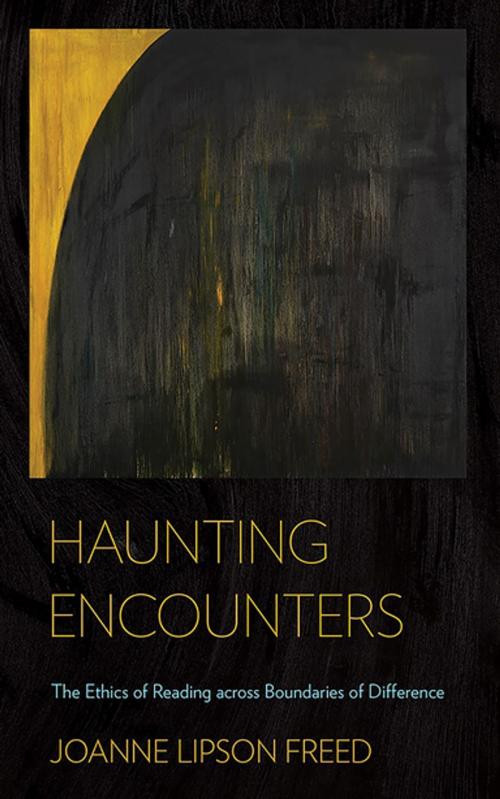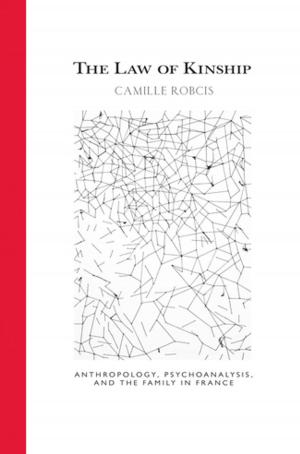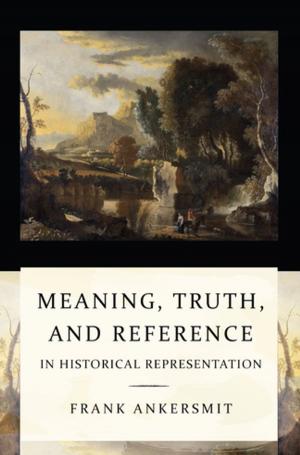Haunting Encounters
The Ethics of Reading across Boundaries of Difference
Fiction & Literature, Literary Theory & Criticism, American, Theory| Author: | Joanne Lipson Freed | ISBN: | 9781501713835 |
| Publisher: | Cornell University Press | Publication: | September 15, 2017 |
| Imprint: | Cornell University Press | Language: | English |
| Author: | Joanne Lipson Freed |
| ISBN: | 9781501713835 |
| Publisher: | Cornell University Press |
| Publication: | September 15, 2017 |
| Imprint: | Cornell University Press |
| Language: | English |
Acts of cross-cultural reading have ethical consequences. In Haunting Encounters, Joanne Lipson Freed traces the narrative strategies through which certain works of fiction forge connections with their readers across boundaries of difference. Freed uses the idea of haunting—an intense, temporary, and transformative encounter that defies rational understanding—as a metaphor for the kinds of ethical relationships that such works cultivate with their readers across boundaries of difference.
Freed points out how such works as Toni Morrison's Beloved, Leslie Marmon Silko's Ceremony, and Arundhati Roy's The God of Small Things strike a delicate balance between empathy and alterity. Their engaging narratives, Freed argues, bring unfamiliar characters and distant settings to life for readers who encounter them as "other," but they also highlight the limits of fiction, holding in check the impulse to colonize another's experience with one's own. Haunting Encounters is a sensitive and perceptive application of theory to real-world concerns. It draws together the fields of postcolonial fiction and narrative ethics and suggests original modes of engagement between readers and books that promise new ways of looking at the world.
Acts of cross-cultural reading have ethical consequences. In Haunting Encounters, Joanne Lipson Freed traces the narrative strategies through which certain works of fiction forge connections with their readers across boundaries of difference. Freed uses the idea of haunting—an intense, temporary, and transformative encounter that defies rational understanding—as a metaphor for the kinds of ethical relationships that such works cultivate with their readers across boundaries of difference.
Freed points out how such works as Toni Morrison's Beloved, Leslie Marmon Silko's Ceremony, and Arundhati Roy's The God of Small Things strike a delicate balance between empathy and alterity. Their engaging narratives, Freed argues, bring unfamiliar characters and distant settings to life for readers who encounter them as "other," but they also highlight the limits of fiction, holding in check the impulse to colonize another's experience with one's own. Haunting Encounters is a sensitive and perceptive application of theory to real-world concerns. It draws together the fields of postcolonial fiction and narrative ethics and suggests original modes of engagement between readers and books that promise new ways of looking at the world.















